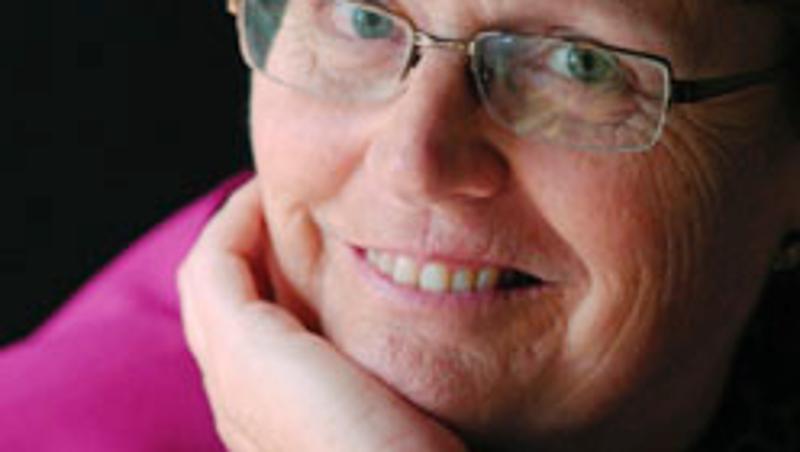
Lonely children and teenagers disclose more personal and intimate information on the internet than those who are not lonely, a Queensland University of Technology (QUT) study has found.
The study, based on a survey of 626 Brisbane primary and secondary school students, found those who were lonely communicated more frequently online, disclosed more intimate information and were more likely to have contact with adults on the internet.
The study of students aged 10-16, by QUT masters student Luigi Bonetti, Associate Professor Marilyn Campbell and Dr Linda Gilmore, found lonely students compensated for their weaker social skills by using the internet to meet people.
"We discovered that kids, who did identify as socially anxious or lonely, found the internet to be a very positive experience," Associate Professor Campbell said.
The survey found lonely children and teenagers communicated online much more frequently about how they felt, serious problems and confidential topics.
Lonely children and teenagers also reported communicating online in order to belong to a group and to relax - much more so than those who were not lonely.
"Lonely kids found great company on the internet," Associate Professor Campbell said.
She said the study found lonely children and teenagers viewed the internet as a "protected" environment in which they could better express their inner selves.
"We also found that kids who were socially anxious felt they could be more themselves when communicating online," she said.
"They were not as anxious in developing friendships because they were at that one remove."
Associate Professor Campbell said it was not known if lonely young people would integrate these online social skills into their real lives.
"It is also not known whether online communication alleviates depressed feelings or simply isolates lonely users even more," she said. Further study was needed in this area.
The study's authors recommended parents and professionals should particularly monitor the internet use of lonely children and teenagers who could be at greater risk of becoming addicted to internet use.
The study also found they could also be more likely to go out of their way to meet in real life people with whom they had online relationships.
However, Associate Professor Campbell said parents' role in helping a child to use the internet safely could be compared with giving a child a bicycle.
"They have to educate them about the dangers but not go overboard," she said.
Media contact: Elizabeth Allen, QUT media officer, on 07 3138 4494 or e1.allen@qut.edu.au


